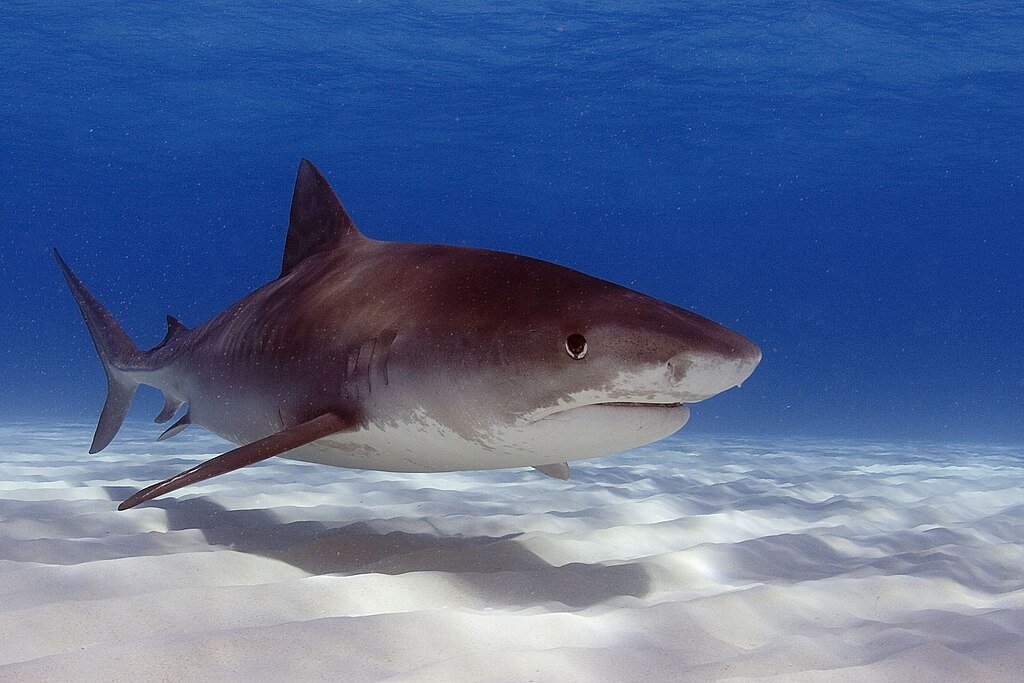For years, scientists believed that sharks were among the few silent hunters of the ocean. Unlike whales and dolphins, sharks lacked vocal structures, leading researchers to conclude that they were incapable of sound production. However, a groundbreaking accidental discovery challenged this long-standing assumption, revealing that some shark species can, in fact, produce noises.
A Surprising Discovery

Recent findings published in Royal Society Open Science describe how researchers accidentally recorded sounds from several shark species. While observing their behavior, marine biologists noticed low-frequency growls and clicks emanating from the sharks. This unexpected phenomenon suggests that sharks may use sound for communication or defense, much like other marine animals.
How Do Sharks Produce Sound?
Unlike whales and fish that rely on specialized vocal organs, scientists believe that sharks create sound using alternative mechanisms. Some hypotheses suggest that the noises come from muscle contractions, movements of their gill slits, or even friction between body parts. However, further research is needed to understand the exact physiological process behind this ability.
Implications for Marine Science
This discovery reshapes our understanding of shark behavior and raises new questions about how they interact with their environment. If sharks use sound to communicate, it could alter how marine biologists study their social structures, hunting strategies, and even responses to human activities such as fishing and noise pollution.
Conservation and Future Research

Understanding shark vocalization could have significant implications for their conservation. By recognizing and analyzing their sounds, researchers may be able to track shark populations more effectively, preventing illegal poaching and habitat destruction. Future studies will focus on identifying which sharks produce sound and whether these noises serve specific functions.
Conclusion
The revelation that sharks can produce sound challenges a long-standing scientific belief and opens new avenues for research in marine biology. As scientists continue to explore this unexpected trait, our perception of these mysterious ocean predators may evolve in ways we never imagined.
Source:





